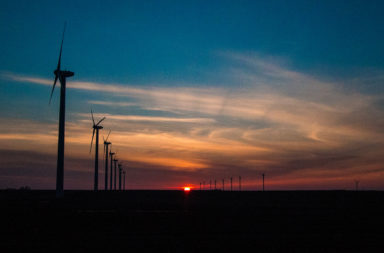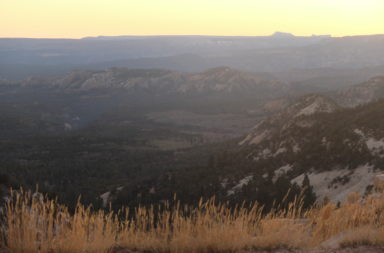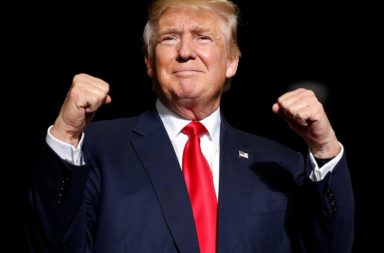“Adele has not given permission for her music to be used for any political campaigning,” informed Benny Tarantini, a spokesperson for Adele.
A list of musicians comprising of David Byrne, Don Henley and Jackson Browne have sued political campaigns for using songs without permission in videos or in commercials but none for their music being played at campaign rallies. The ever famous Donald Trump is now making news for the use of famous British singer Adele’s tunes in his rallies, despite her disapproval of the same. The singer has told the presidential candidate that he does not have permission to use any of her songs. She found out from various sources that he has been playing “Rolling in the Deep” to warm up the crowd at the campaign rallies, sending a wave of “we could have had it all” to his loyal followers.
During his campaign in Exeter, New Hampshire, “Sky fall” and “Rolling in the Deep” were played for the fans as they patiently awaited Donald Trump to take stage. This seemingly enraged the artiste, and she announced that she wishes for him to stop using her songs at political rallies. Her fans have since been expressing rage on all social media regarding Trump’s bold use of the singer’s music. After expressing concern about the permission for endorsement of her music, Adele may still not be able to stop Mr Trump here. Legally, the Republican candidate has paid for the right to play any music he wishes, as long as he does it appropriately.
“Mr Trump’s campaign paid for and obtained the legal right to use these recordings,” alleged a Trump spokeswoman. Experts say that artist’s permission is not required by campaigners to play at the rallies, as long as the venue or the organisation has received a “blanket license” from ASCAP (American Society of Composers, Authors and Publishers) and BMI (Broadcast Music, Inc.) -the performing rights organisations.
A campaign has to pay a small remuneration to the performing rights organisations. This gives one the right to perform a song in public. Even a political campaign with a blanket license cannot use the music beyond a rally without appropriate permissions. The use of the singers’ music in a campaign for television or internet is not allowed without permission and some licensing. There is a provision built into the license agreement, which allows a BMI publisher or songwriter to object to the use of their songs and the organisation can exclude it from the license, informed the senior vice president for licensing at BMI, Mr Mike Steinberg.
Steven Tyler of Aerosmith got Donald Trump to stop using their song “Dream On” at Last year campaign events. He was handed a cease-and-desist letter from the artist and BMI asked them to pull the song. Trump acted quickly with a comment on social media about having found a “better one to take its place”. Same scenario happened when Trump used R.E.M’s “It’s the End of the World As We Know It”, a cease-and-desist came from band Frontman Michael Stipe. Along with an overly expressive tweet, that read “Go f**k yourselves, the lot of you — you sad, attention-grabbing, power-hungry little men. Do not use our music or my voice for your moronic charade of a campaign.”
Trump has been annoying Adele fans since her last concert at the Radio City Music Hall, where he “cut the line” to get to his seat. He raised a few eyebrows when he played “Sky fall” after delivering a whirlwind of a speech about the future of America. After collective efforts from the fans and the British artist herself, Mr Trump still continues to play her record breaking hits as anthems to his political campaigning. Her fans are enraged to a large scale, as she has addressed herself as a “labour girl through, and through” during an interview in 2011. Ironically,her empowering voice is now being used behind the political nuances that the American candidates wish to create through their campaigns. Adele may have joined the likes of Neil Young and Aerosmith, stating publicly that she did not give permission to Trump to use her music. But there may be a need to be more assertive with these statements.




